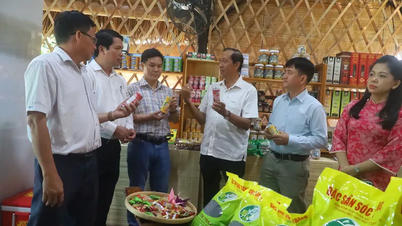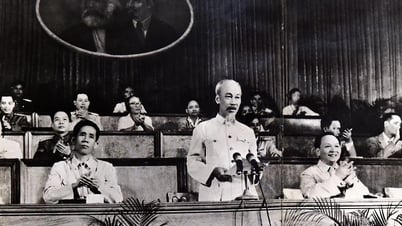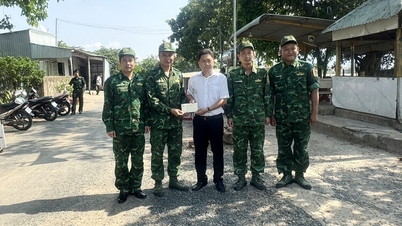The FTA Index includes component indicators such as: FTA dissemination and propaganda; implementation of FTA legal regulations; policies to support competitiveness enhancement; implementation of commitments on sustainable development. The results of the above indicators, calculated on a 10-point scale, Bac Giang both achieved average and below average scores.
Specifically, the component index on propaganda and dissemination activities (assessing the level of business access to propaganda and dissemination activities of FTAs) in Bac Giang reached 5.51 points, ranking 45th nationwide; the component index on implementation of legal regulations to implement FTAs reached 5.44 points; the component index on programs and policies to support and enhance business competitiveness reached 5.04 points; the index on sustainable development reached 4.77 points.
The reason why many component indexes are average is because the exploitation of opportunities from FTAs, especially in the small and medium-sized enterprise sector, is still limited. Many enterprises have not paid attention to and fully updated information, have not clearly understood specific commitments and do not have enough capacity to meet standards on origin of goods, technology, environment, labor, etc. The coordination between agencies, local authorities and the business community in implementing FTAs is not really synchronous and effective, reducing the spillover effects of the agreements.
The world is changing every day. The most obvious point is that strategic competition and trade wars between major countries are increasingly fierce, especially the trend of trade protectionism is expanding and increasing. At the same time, the US President has just announced increasing tariffs on goods from many countries when imported into the United States. In that context, implementing FTAs will create outstanding advantages to promote trade exchanges between countries. Therefore, some opinions say that the important factor to promote trade and export of goods is to proactively integrate.
Authorities need to innovate and guide businesses to effectively implement FTAs. That is, FTAs are not only related to traditional areas such as rules of origin and preferential tariffs, but have changed, including deeper commitments in the areas of trade in services, intellectual property, labor, environment, etc. This requires state agencies to expand the scope and strengthen guidance for the above areas to meet the increasingly high standards in new generation FTAs. Businesses need to proactively grasp and propose difficulties and obstacles to promptly resolve and effectively exploit FTAs.
Source: https://baobacgiang.vn/chu-dong-hoi-nhap-postid416030.bbg


![[Photo] "King Cobra" Su-30MK2 completed its glorious mission on April 30](https://vphoto.vietnam.vn/thumb/1200x675/vietnam/resource/IMAGE/2025/4/30/5724b5c99b7a40db81aa7c418523defe)
![[Photo] Mass parade to celebrate 50 years of national reunification](https://vphoto.vietnam.vn/thumb/1200x675/vietnam/resource/IMAGE/2025/4/30/825e459ee2f54d85b3a134cdcda46e0d)


![[Photo] The parade took to the streets, walking among the arms of tens of thousands of people.](https://vphoto.vietnam.vn/thumb/1200x675/vietnam/resource/IMAGE/2025/4/30/180ec64521094c87bdb5a983ff1a30a4)
![[Photo] Panorama of the parade celebrating the 50th anniversary of the Liberation of the South and National Reunification](https://vphoto.vietnam.vn/thumb/1200x675/vietnam/resource/IMAGE/2025/4/30/affbd72e439d4362962babbf222ffb8b)
























































































Comment (0)